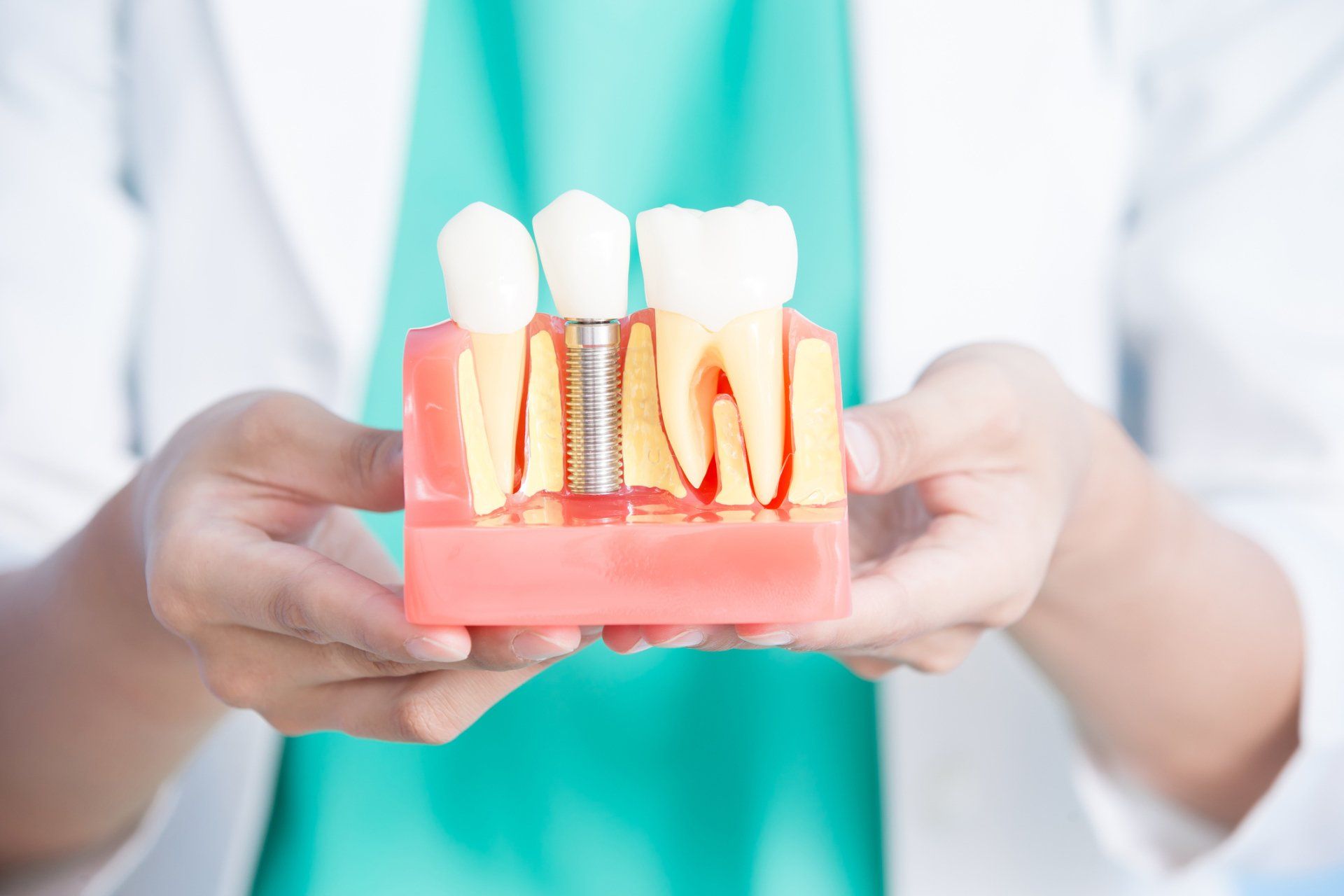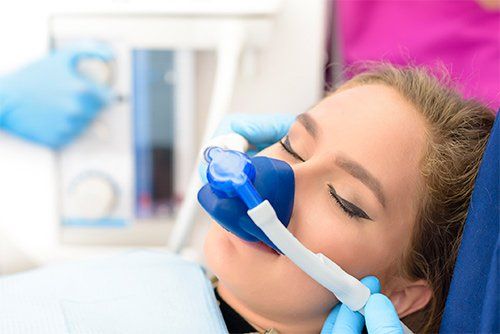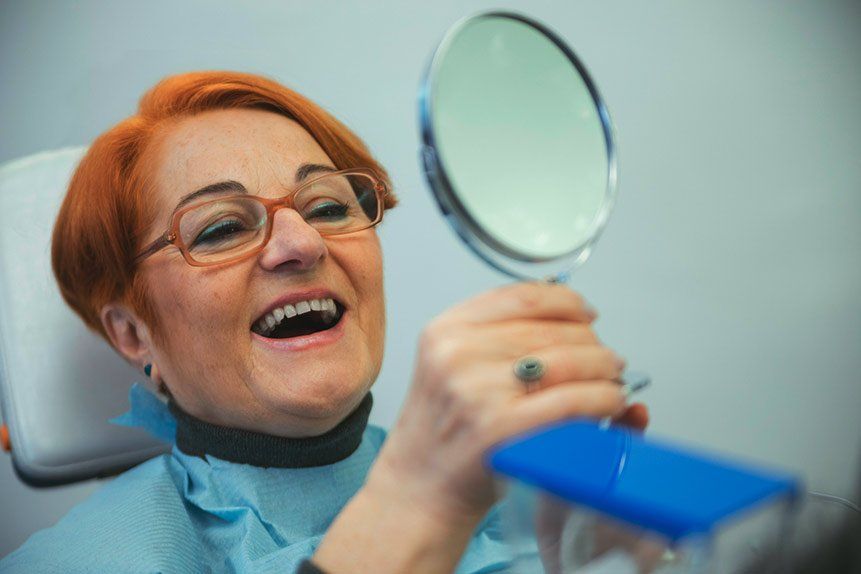What to Know About Denture Relines
- By Admin
- •
- 03 Jun, 2019
- •

Dentures are an affordable and easy way to replace missing teeth. However, after tooth loss, especially multi-tooth loss, your jawbone may change in shape. For this reason, your first set of dentures may not fit properly for long. If you have dentures and they no longer fit properly, check out what you should know about relines.
Why Might You Need Relines?
One common reason for a reline is the denture just doesn't fit right anymore. While you can purchase strip-and-paste products designed to help your dentures stay put, these products won't work well in the long run.
If your jawbone shrinks, the size of your gums also changes. If your jawbone and gums change too much, your dentures lose their suction, so they slip and move more often. Relines add more material to the dentures. This procedure resizes your dentures so they fit perfectly again and stay in place as best as possible.
Are There Different Types?
Both soft and hard relines are available, and each type has its own pros and cons. Soft relines are more comfortable, making them a popular choice among many patients. For these relines, a liquid polymer is usually used to add depth and more cushioning. This type of reline is less durable and may be a better choice if you are still getting used to dentures or your jawbone is still changing.
On the other hand, hard relines are less comfortable because they are made with a harder plastic: similar to the material used to make your dentures. Hard relines, however, are much more durable than soft relines, so they may last much longer, making them a better choice if your mouth has already adjusted to dentures.
How Can You Obtain Dental Relines?
You can purchase DIY reline kits, but unless you follow the instructions perfectly, you could end up wasting a lot of money and ruining your dentures. Instead, it's best to have your dentist do the procedure. A professional reline is known as chairside reline, and it costs between $280 and $395. The process is faster, but the reline is less durable.
Depending on how much your dentures need to change, how long you've had your dentures, and whether or not the dentures are also damaged, your dentist may send the dentures to the lab for a reline. Laboratory relines are usually more durable, but they take more time (during that time you will be without your teeth) and cost more at about $350 to $475.
Is Total Replacement a Better Choice?
If your dentures are getting old, a reline may just be a waste of money to slightly extend the life of your dentures. Instead, a total replacement may be a better choice. Your dentist will help you determine when a reline is a better choice. Typically, replacement is necessary if the dentures are misshapen, the fake gums are discolored, or the dentures leave a strange taste in your mouth.
Because you might have difficulty spotting potential problems, visit your dentist regularly to inspect your dentures. You should bring your dentures with you to your twice-yearly dental appointments. Typically, most dentists also want a follow-up visit every four to six years to replace, repair, or reline your dentures.
Dentures are a minimally invasive way to replace missing teeth, but you need to care for them to keep them working and fitting comfortably. Relines let you reshape your dentures, so you don't have to worry about them slipping. For more information about dentures and relines or to schedule an appointment to have your dentures checked, contact us at Premier Dentures and Implants today.











